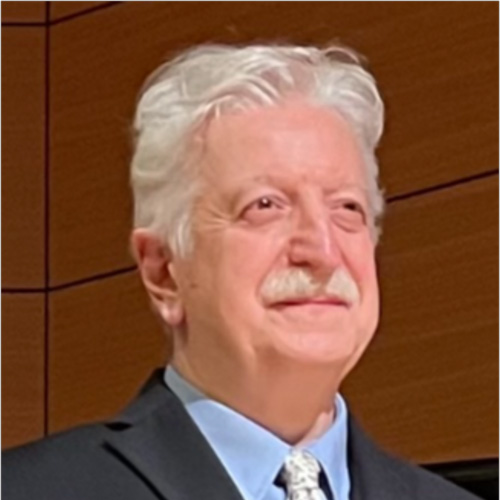
Prof Alberto Minetti
Locomotion Physiomechanics Laboratory
Department of Pathophysiology and Transplantation
University of Milan
Milan, Italy
Eight gaits from legged locomotion repertoire on Earth to be reliably adopted on the Moon
Alberto E. Minetti, Francesco Luciano, Valentina Natalucci, and Gaspare Pavei.
Department of Pathophysiology and Transplantation, University of Milan
Locomotion evolution on Earth had time to establish consolidated and reliable motion pattern addressing each succesful combination of animal size/shape, number of legs, habitat, speed constraints for predation or escape needs, foraging, daily distance/annual migrations, etc. For all of those solutions, called gaits, the only invariant parameter was gravity (although it has been claimed that millions of year ago gravity was lower than today). Gaits represent optimal mechanical paradigms where potential energy (gravity, g) was a crucial actor in metabolic energy minimization.
Space exploration, so far limited to low gravity celestial bodies, challenges those Myrs solutions, as the development of competitive changes in motion strategies in a few years time seems out of question. However, many species including humans rely on a repertoire of gaits, some of them appearing at different lifespan periods, that could be fruitly adapted/adopted even at the lower gravity of Mars and on the Moon. Such a mutuation could be eased by a neuronal central pattern generator that promptly revamp gaits much less frequently (or never) used than the usual ones (eg walk and run).
Eight human gaits, 2 of them out-of-reach on Earth and 6 with dynamically similarity in other species, are feasible on the Moon despite 1/6g. The list of them follows:
On firm ground:
in upright position.
I) ‘1 functional’ Lower Limb: hopping (kangaroo)
II) 2 Lower Limbs: 0. walk,
1. run,
2. skipping (chimpanzee,…, lemur)
III) 2 Upper Limbs: brachiation (gibbon)
IV) 4 limbs: crawling, Nordic Walking (quadrupeds, bipeds + poles)
in horizontal position:
V) 2/4 Lower Limb: M-WALL run, downhill wall bouncing (mountain goats)
On the water:
VI) 2 Lower Limbs: run (Jesus Lizard, Western Greebe)
The mechanics and energetics of those gaits, and their pros and cons, will be illustrated at the conference.
References
- Pavei et al J. Appl. Physiol. 2015a, II. Minetti 2001 Nature, II.1) Pavei et al J. Appl. Physiol. 2015b, II.2) Minetti Proc. R. Soc. B 1998,
- TBA,
- TBA,
- Minetti et al. R. Soc. Open Sci. 2024, VI)
- Minetti et al PLoS ONE. 2012 - IgNobel Prize for Physics 2013.
